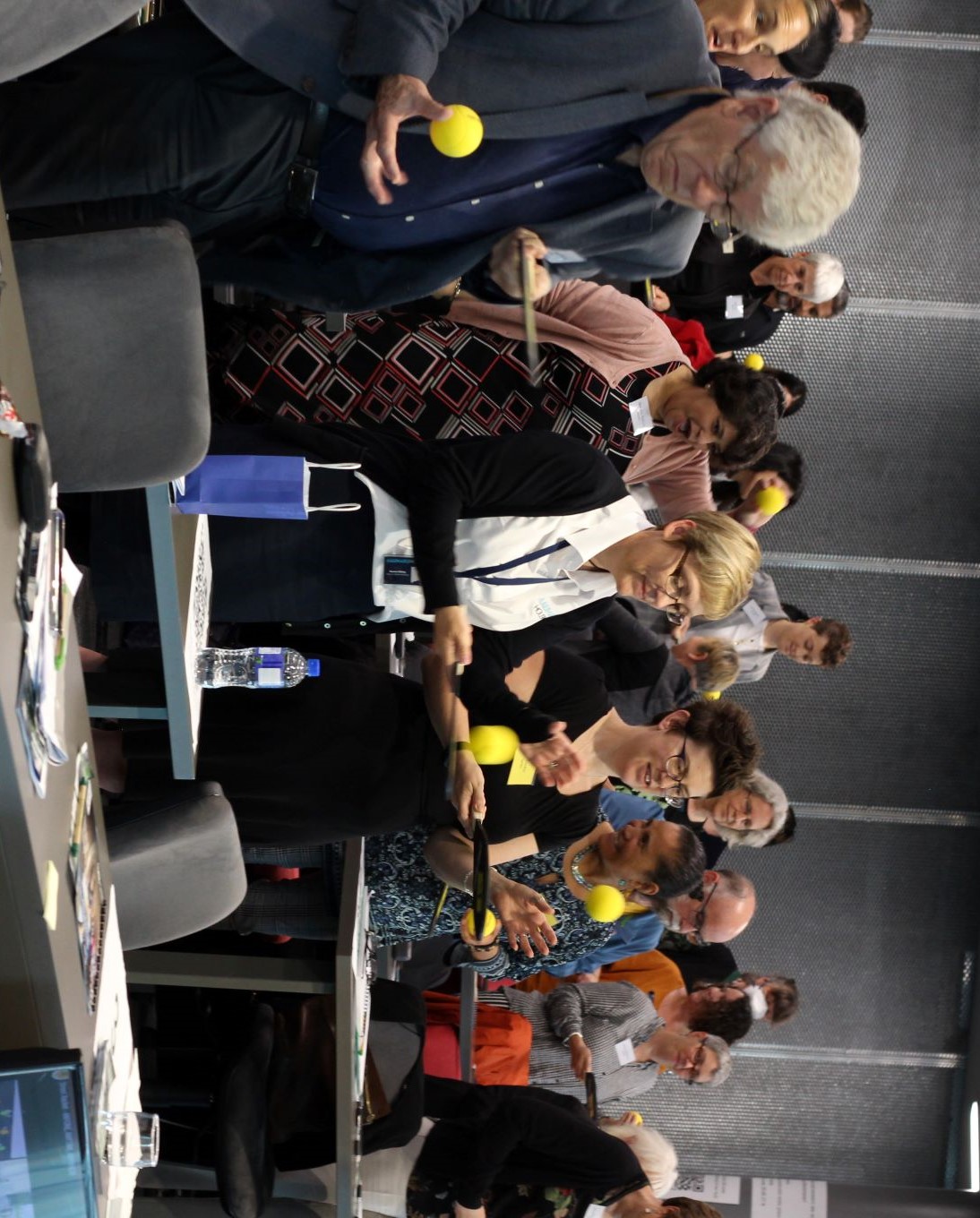Progress on how well Auckland is supporting our older residents has been outlined in the Auckland Council’s Age Friendly Auckland annual report.
The council’s Planning, Environment and Parks Committee Deputy Chair, Councillor Angela Dalton, says the report provides an excellent update on how we are tracking since the Tāmaki Makaurau Tauawhi Kaumātua Age-friendly Auckland Action Plan was adopted in 2021.
“It outlines some key lessons and learnings from the experiences of older people in the city in what has been an incredible challenging year. The report also gives us valuable direction on what is important to older people in Tāmaki Makaurau to focus on for the year ahead.”
Auckland Council whānau staff, aged-sector organisations and iwi have worked together since 2021 to achieve actions across 10 key areas in the plan that focus on improving the overall quality of life for older Aucklanders.
More than 5000 Aucklanders, including members of the council’s Seniors Advisory Panel, contributed their views on what is important for the wellbeing of older people and this informed the plan’s 106 actions.
The Age Friendly Auckland annual report shows that 72 per cent of the 106 actions are now either underway or already completed, with the council delivering 60 of those actions.
Seniors Advisory Panel co-chair Dr Claire Dale says the overall achievement rate show a strong commitment from Auckland to address the needs of older people.
“We are seeing long-term initiatives completed, with a focus on improving the way our city is designed to support senior citizens – now and in the future. We’re really keen to keep the momentum going,” says Dr Dale. “In March 2022, our efforts to become more age-friendly resulted in Auckland being accepted into the World Health Organisation Network of Age-Friendly cities and communities – but we can still do much more. This report identifies that housing and transport are key areas to improve on.”
Looking ahead
Te Rōpū Whakamana ki te Ao, the collective group responsible for providing leadership and oversight of the Age-Friendly plan has this year decided to focus on housing and transport, as well as social participation and kaumatua.
Te Rōpū chair Maxine Stiling says key areas of communication and information, plus respect and inclusion, have had the most progress made so far to support older people.
“Over the last two years we have learned the tremendous importance of building connections in and across the sector and the value that is created from these relationships,” says Mrs Stiling.
One successful programme from Age Friendly Auckland is the Digital Seniors Pilot funded by Devonport-Takapuna and Upper Harbour Local Boards. Free one-on-one coaching helped seniors upskill to use the internet for connecting with friends and family, sending photos, paying bills, as well as to troubleshoot problems with their devices.
Key learnings
Connecting, sharing information and raising awareness of the action plan throughout the aged sector are noted as key learnings to continue exploring in the year ahead.
The value of using support networks to reach older people was seen as especially critical this year during the region’s extreme weather events.
Recommendations from the Age Friendly Auckland annual report will be shared with the council’s emergency management team and investigations into how other cities manage flood preparedness for older people are planned.
Other priorities for the year ahead include looking at opportunities to work together with other sectors and central government on supporting age-related collaboration.
Te Rōpū is also planning the city’s second Age-Friendly Auckland symposium this year on 1 November, together with Auckland University of Technology’s Centre for Active Aging. The event will bring together a range of speakers for older people and their advocates. It follows the first successful symposium last year, attended by more than 130 people.


